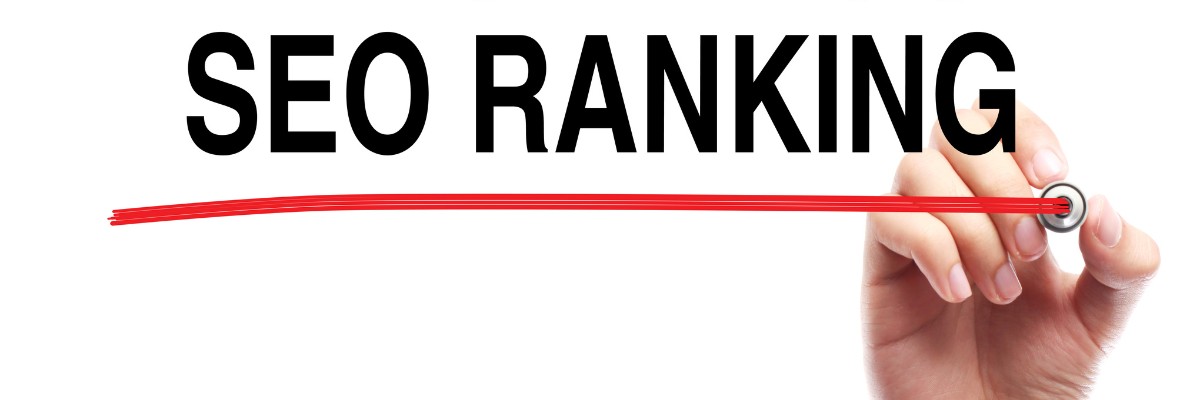Search engine optimization (SEO) is the process of optimizing your website to improve its visibility and ranking in search engine results pages (SERPs). While on-page SEO focuses on optimizing your website’s content and structure, off-page SEO refers to the activities that you do outside of your website to improve its ranking. Here are ten off-page SEO strategies that you can use to boost your search rankings.
Link building
Link building is the process of acquiring backlinks to your website from other websites. Backlinks are important for SEO because they signal to search engines that other websites consider your content to be valuable and authoritative. However, not all backlinks are created equal. High-quality backlinks from relevant, authoritative websites are more valuable than low-quality backlinks from irrelevant, spammy websites. To build high-quality backlinks, you can create valuable content that other websites will want to link to, reach out to other website owners to request links, or participate in guest blogging.
Social media marketing
Social media marketing is the process of promoting your website and content on social media platforms like Facebook, Twitter, and LinkedIn. While social media signals do not directly influence search rankings, they can indirectly impact SEO by increasing your website’s visibility and driving traffic to your site. To use social media for SEO, create and share valuable content on social media platforms, engage with your audience, and use social media advertising to reach a wider audience.
Content marketing
Content marketing is the process of creating valuable, relevant content to attract and engage your target audience. Content marketing can help improve your search rankings by increasing the number of backlinks to your site, increasing social media shares and engagement, and increasing the time visitors spend on your site. To use content marketing for SEO, create high-quality, informative content that addresses the needs and interests of your target audience.
Influencer outreach
Influencer outreach is the process of reaching out to influencers in your industry or niche to promote your website or content. Influencers are people with a large social media following, blog readership, or email list who can help amplify your message and drive traffic to your website. To use influencer outreach for SEO, identify influencers in your industry or niche, build relationships with them, and ask them to promote your website or content to their audience.
Online reputation management
Online reputation management (ORM) is the process of monitoring and managing your online reputation. ORM can help improve your search rankings by ensuring that your website and content are associated with positive online reviews, comments, and mentions. To use ORM for SEO, monitor your online reputation regularly, respond promptly and professionally to negative reviews and comments, and encourage satisfied customers to leave positive reviews.
Local SEO
Local SEO is the process of optimizing your website and content for local search. Local search is important for businesses that have a physical presence or serve customers in a specific geographic area. To use local SEO for SEO, create local content, optimize your website for local keywords, claim your Google My Business listing, and encourage customer reviews.
Video Marketing
Video marketing is the process of creating and sharing videos to promote your website and content. Video marketing can help improve your search rankings by increasing the time visitors spend on your site, increasing social media shares and engagement, and increasing backlinks to your site. To use video marketing for SEO, create high-quality, informative videos that address the needs and interests of your target audience.
Image optimization
Image optimization is the process of optimizing the images on your website for search engines. Optimized images can help improve your search rankings by making your site more accessible to search engines and improving the user experience. To use image optimization for SEO, use descriptive filenames and alt text for your images, compress your images to reduce their file size, and use appropriate image sizes for your website.
Forum marketing
Forum marketing is the process of participating in online forums and communities to promote your website and content. Forum marketing can help improve your search rankings by increasing the number of backlinks to your site, increasing social media shares and engagement, and driving traffic to your site. To use forum marketing for SEO, participate in relevant forums and communities, provide valuable information and insights, and include a link to your website in your forum signature.
Guest blogging
Guest blogging is the process of writing articles for other websites in your industry or niche to promote your website and content. Guest blogging can help improve your search rankings by increasing the number of backlinks to your site, increasing social media shares and engagement, and driving traffic to your site. To use guest blogging for SEO, identify websites that accept guest posts, pitch your ideas to them, and create high-quality, informative content that addresses the needs and interests of their audience.
Off-page SEO is a critical part of any SEO strategy. By using these ten off-page SEO strategies, you can improve your search rankings, increase your website’s visibility, and drive more traffic to your site. While it takes time and effort to implement these strategies, the long-term benefits of improved search rankings and increased traffic are well worth it.
